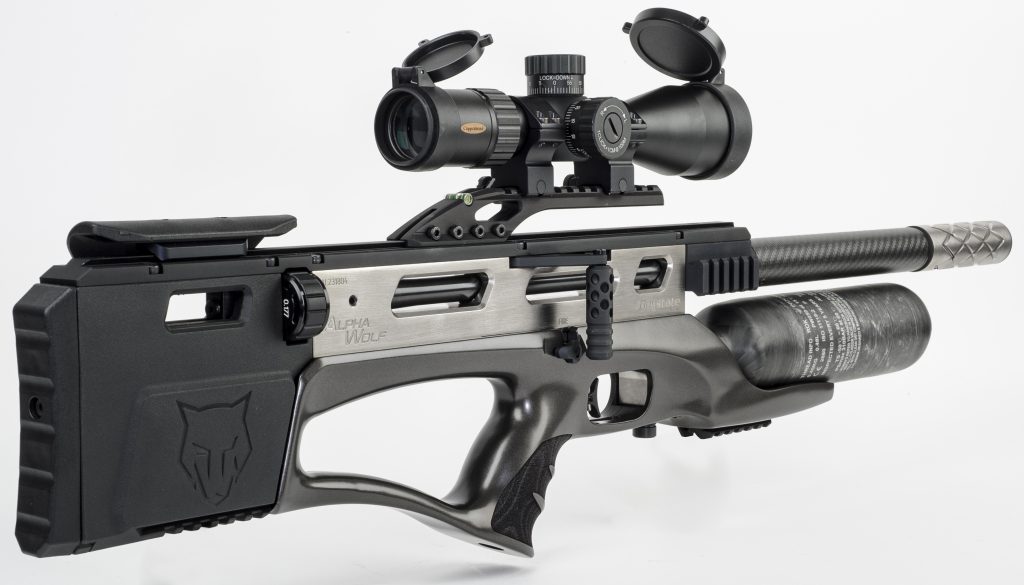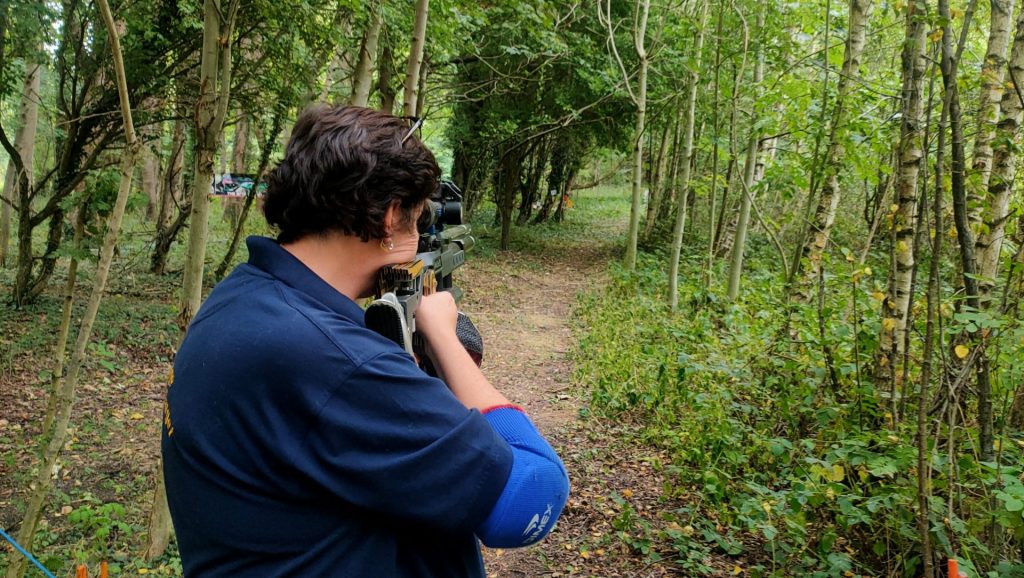★ Competition – win a PAO HD Max riflescope worth £239.99 – enter here! ★
WWII pistols: Gletcher Luger vs Webley MkVI
Tim Finley pits the Gletcher Luger and Webley MkVI against each other in this comparison review of two iconic World War II pistols.

Shooting and reviewing the new .22 pellet-firing Webley MKVI made me look at some of my other World War Two pistols. All of them are 4.5mm/.177 BB-firing and I wanted to pitch two of them against each other in an ‘Axis versus the Allies’ duel. There are many really iconic and recognisable pistols, but not many outdo the Luger, and even fewer outdo a CO2 Luger action that operates like the real thing. The semi-automatic pistol has a unique toggle action, and was used by Germany in both world wars. This CO2 Luger is produced in the USA by Gletcher, whose slogan is ‘military precision’.
The Luger’s adversary is the British Webley MkVI Service revolver, which also fires 4.5mm steel BBs through a smoothbore barrel – the BBs are held in the nose of six faux .455 cartridges housed in the rotating cylinder of the gun. Both pistols are powered via a single standard 12 gram CO2 bulb housed in their grips.
 Gletcher Luger versus Webley MkVI – who will win?
Gletcher Luger versus Webley MkVI – who will win?
To keep a level playing field, the Webley is shot in double-action only because the Luger cannot be shot in single action. The Luger’s double-action trigger weight is 4kg, and the Webley’s only slightly lighter at 3.7kg, so neither had an advantage trigger-wise, it seemed. The Luger has one disadvantage and that’s the blow-back action moving the pistol on each shot, but it has the advantage of being quicker to fire, due to the blow-back action.
The trigger operation on the Webley has to move the cylinder around to the next BB-loaded cartridge before it can fire a shot, but there is no recoiling action – the only recoil is the expelled gases. It was be interesting, for sure! The two contenders also used the same BBs and CO2 bulbs.
| Pistol | 5-shot group size av. (mm) |
| Gletcher Luger | 35.58 |
| Webley MKVI | 34.27 |
There wasn’t much in it when it came to double-action shooting each pistol for five-shot groups – just over a millimetre, to be precise. Next was how accurately I could hit my six swinging IPSC targets on six runs. I was semi-speed shooting, instinctively breaking the shot when the sights came onto the target. This was a realistic simulation of their use in WWII.

| 6 | 5 | 4 | 3 | 2 | |
| Luger | 1 | 1 | 6 | 2 | |
| MKVI | 1 | 5 | 3 | 1 | |
| 338 | 1 | 6 | 2 | 1 | |
| C41 | 3 | 6 | 1 |
The MkVI was easier to shoot quickly on multiple targets due to the way the double-action trigger worked. I was able to start moving the trigger nano-seconds after the shot broke on one target, and when I was moving my aim to the next. The trigger on the Luger wasn’t much heavier on the trigger gauge, but it was certainly harder to operate because the recoiling blow-back action also moved the gun about.
You can still buy these two WWII CO2 pistols, and I did try out another two WWII CO2s – a Crosman 338 and C41, both modelled on the German Walther P38, but they are discontinued models, I’m sad to say.
I expected to have more perfect runs of six and to be better at it than I was, but I was not aiming (sorry for the pun) for six, slow aimed shots, that would have tested and proved nothing. It was a much more realistic test of the two guns actual functionality.

Remember to wear eye protection at all times when shooting steel BBs.
Related Articles
Get the latest news delivered direct to your door
Subscribe to Airgun World
Unlock the world of airgun shooting with a subscription to Airgun World magazine, Britain’s biggest-selling airgun publication.
Written by passionate, long-term airgun enthusiasts, each issue delivers expert insights, comprehensive gear reviews, and invaluable tips to enhance your shooting skills. Whether you’re a seasoned shot or new to the sport, Airgun World offers essential content covering shooting techniques, classic airguns, and the latest equipment innovations.
Stay informed with cutting-edge news, in-depth analysis and exclusive offers from specialist partners. Plus, enjoy the convenience of both print and digital access, ensuring you never miss an issue. Subscribe today and join a community of dedicated airgun shooters aiming for excellence.
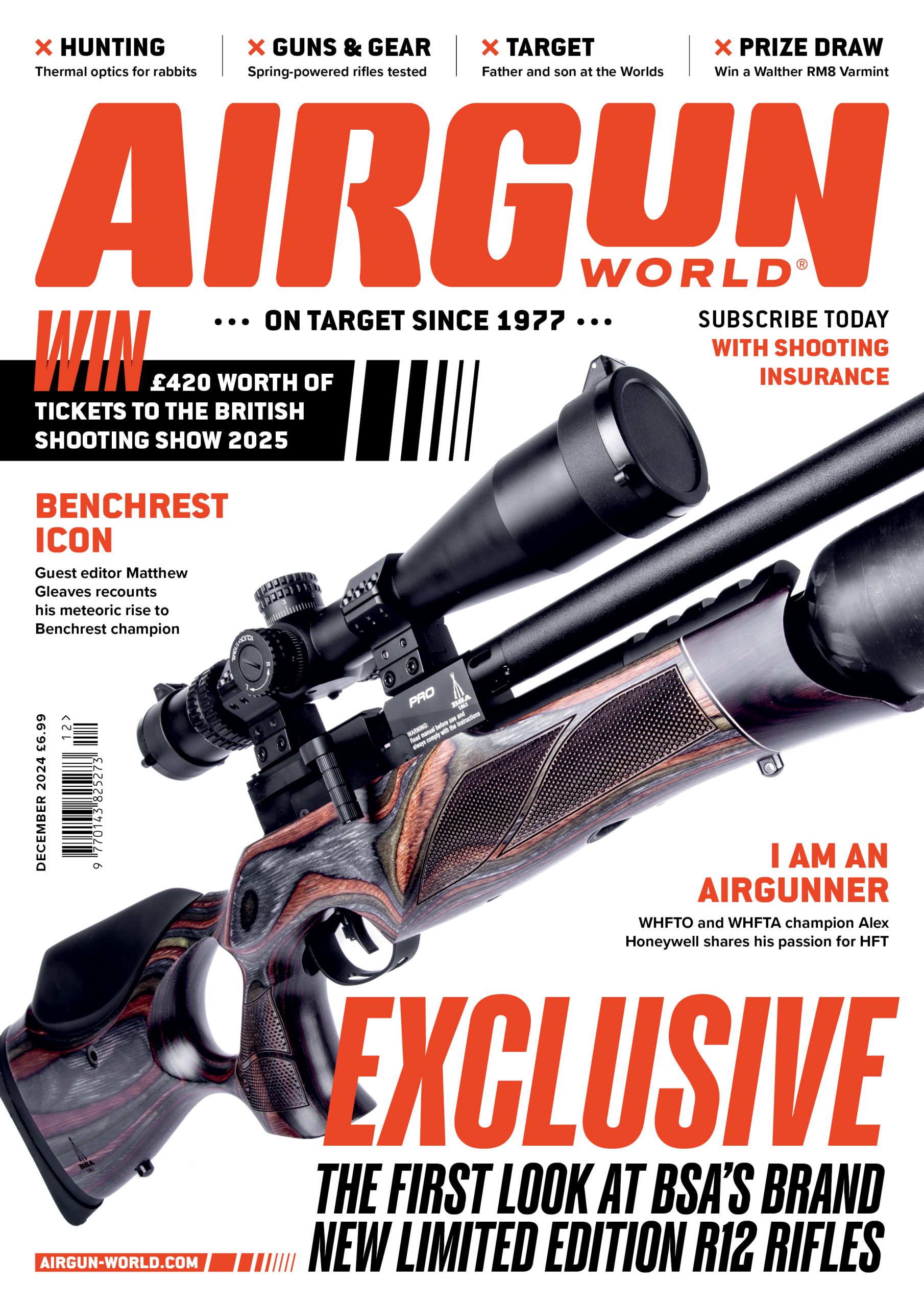
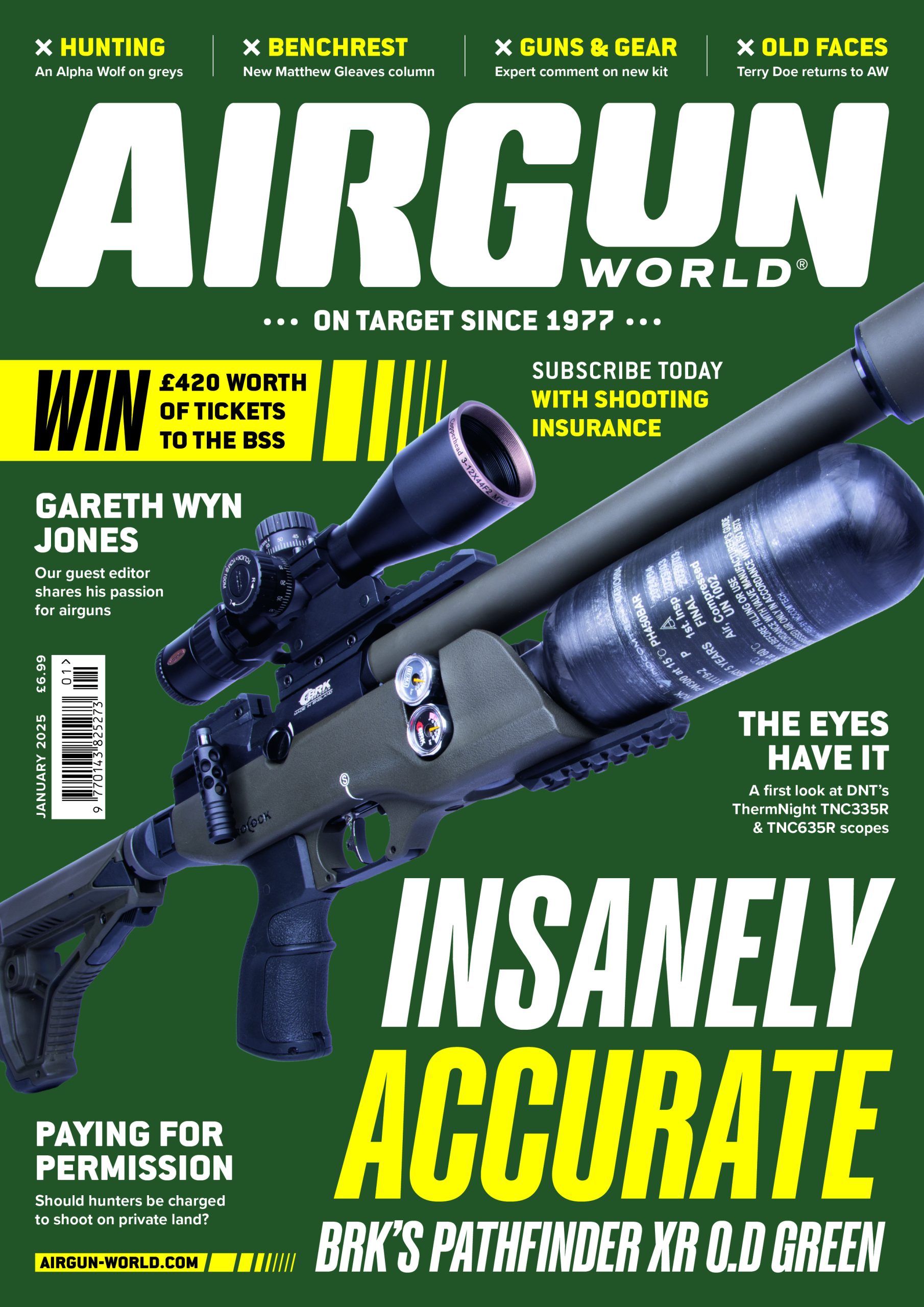

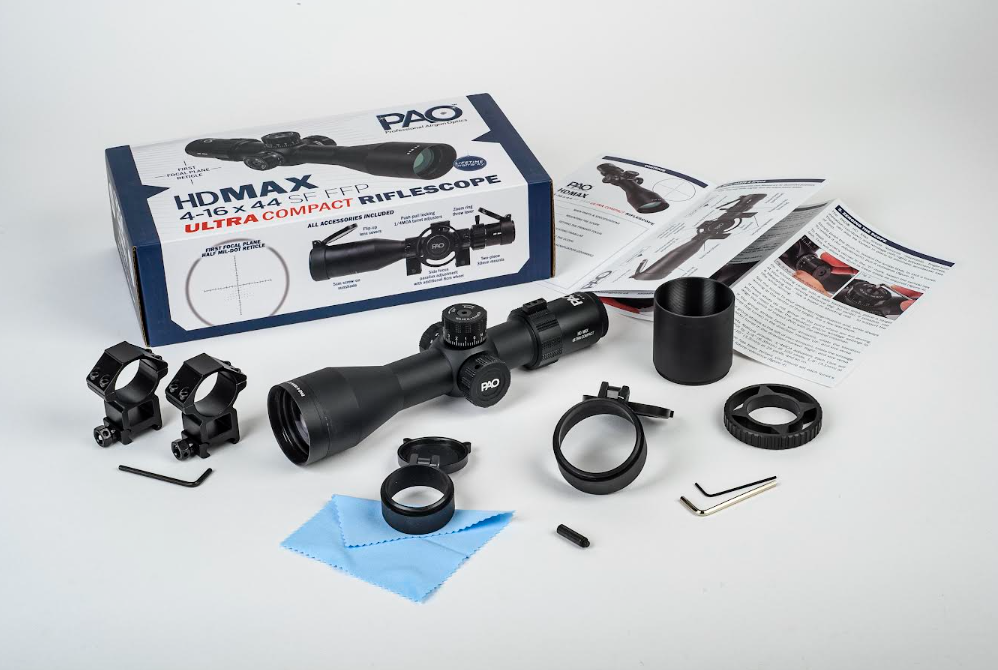
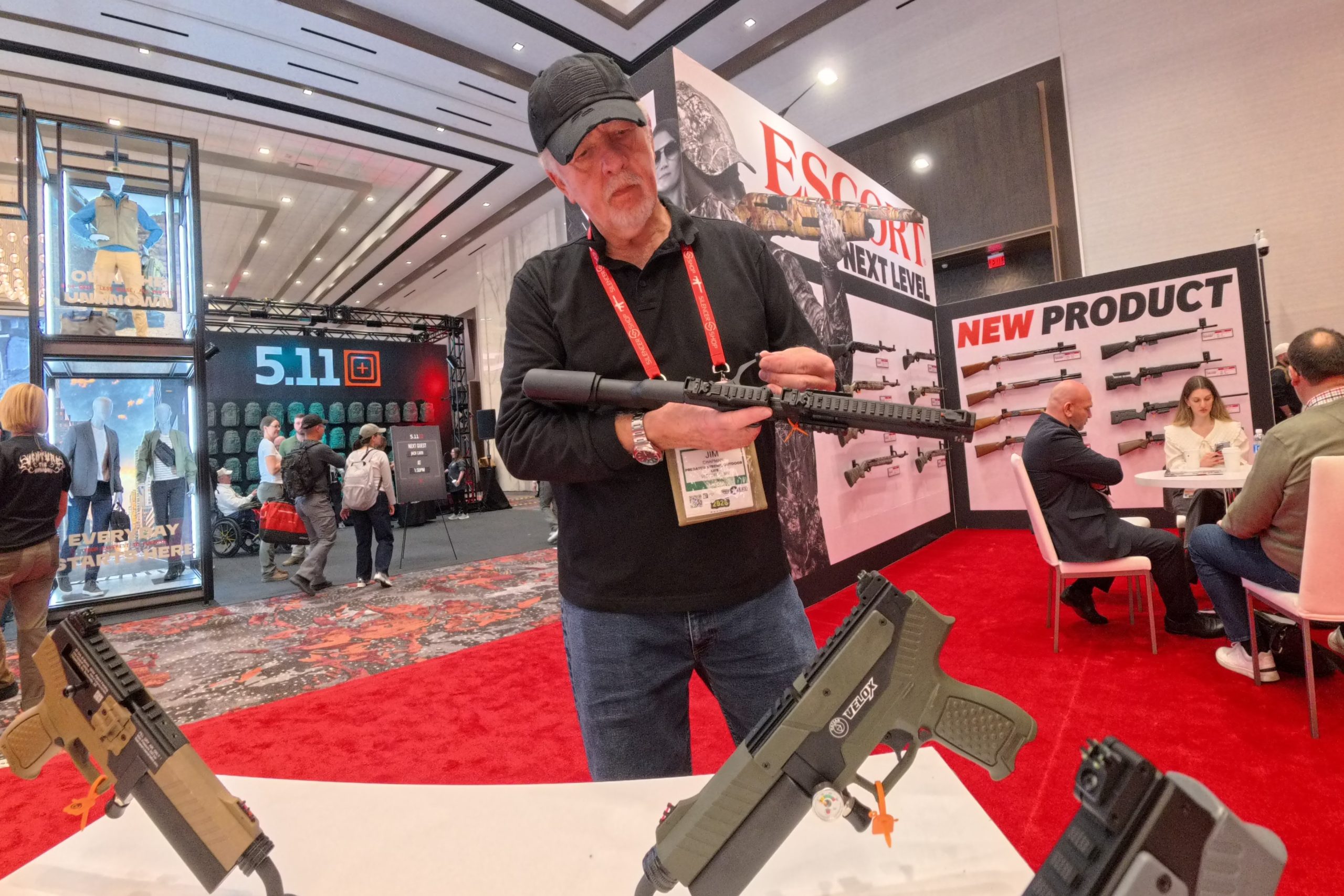
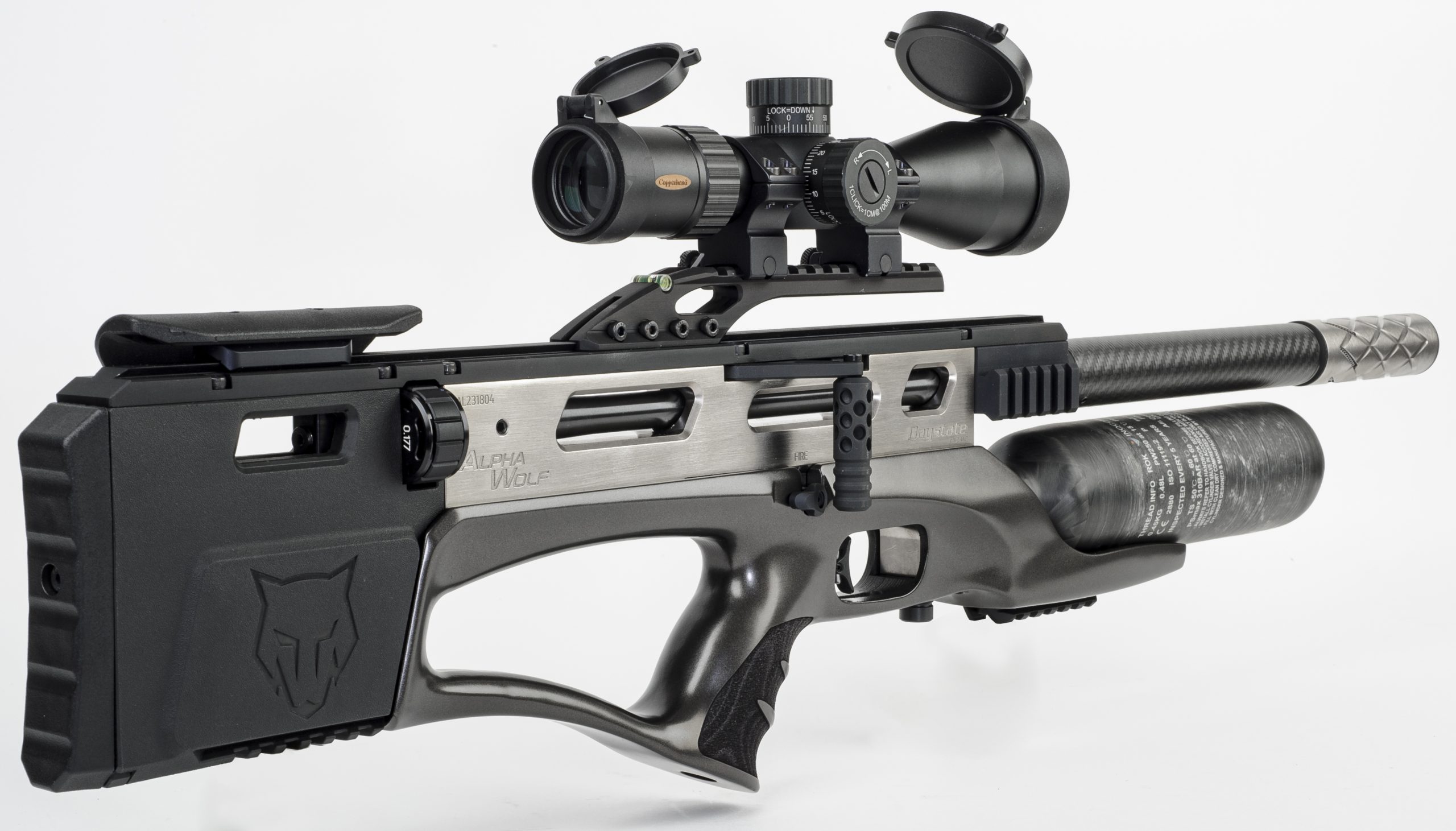
 Gletcher Luger versus Webley MkVI – who will win?
Gletcher Luger versus Webley MkVI – who will win?